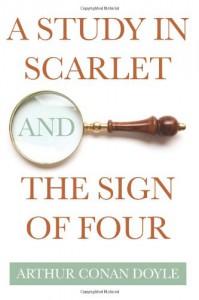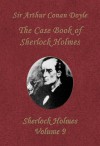
When I Don't Desire God is the companion devotional to John Piper's other book, Desiring God. In Desiring God, he explains his belief that genuine emotional joy in God is an essential part of the Christian life. In this volume, he explains ways to work for this joy. The book is an excellent devotional. I read a section per day along with my morning Bible reading. The section about fasting and its relationship to prayer is especially insightful. However, I ultimately disagree with Piper on the fundamental premise of the book. He lays a great deal emphasis on emotions and feelings. I hold, with C.S. Lewis, that God will give us feelings of joy in Him when He chooses to, and that these feelings are not an essential part of the Christian walk. The important part is a decision to commit to Christ, regardless of emotions.


 1
1



 1
1
























